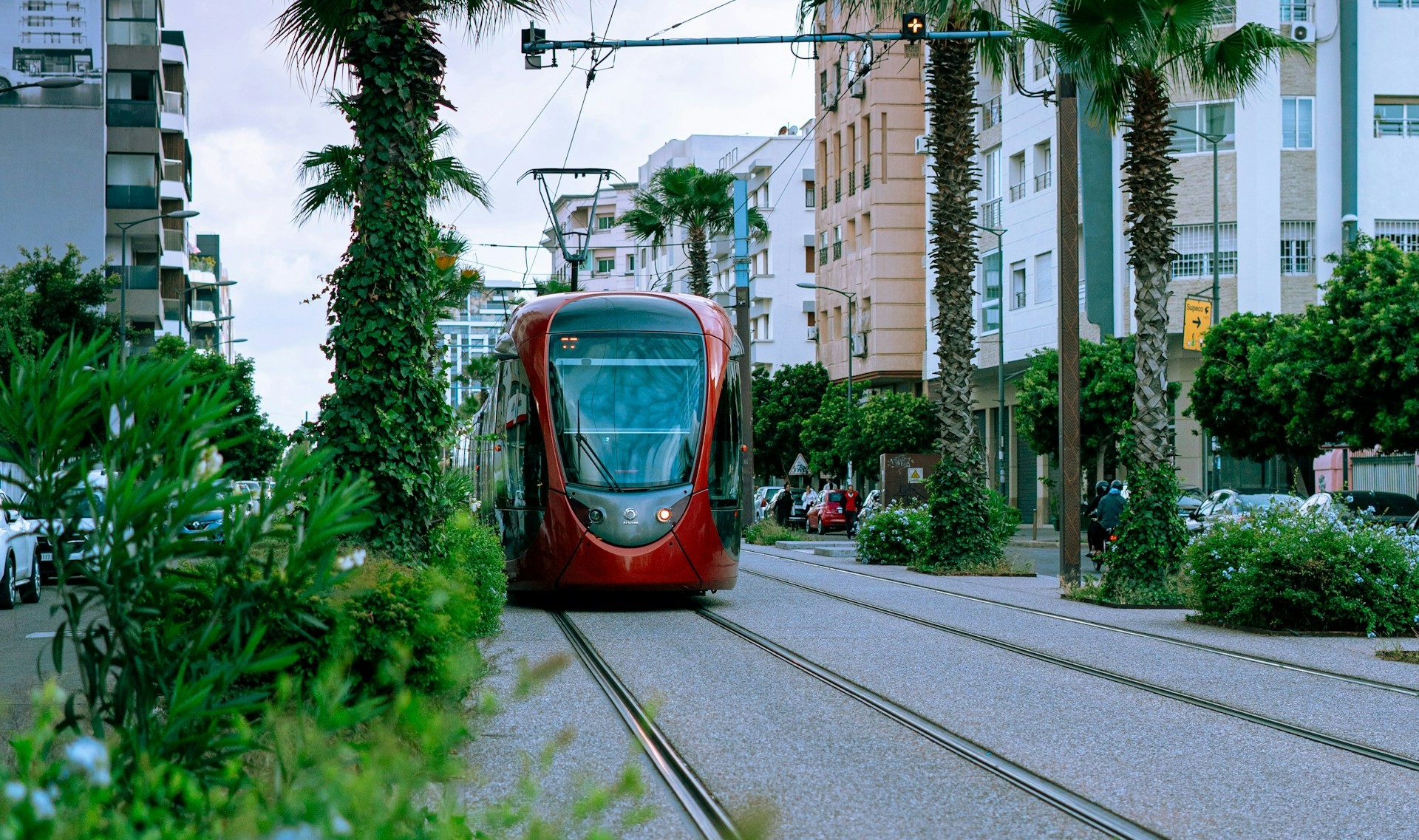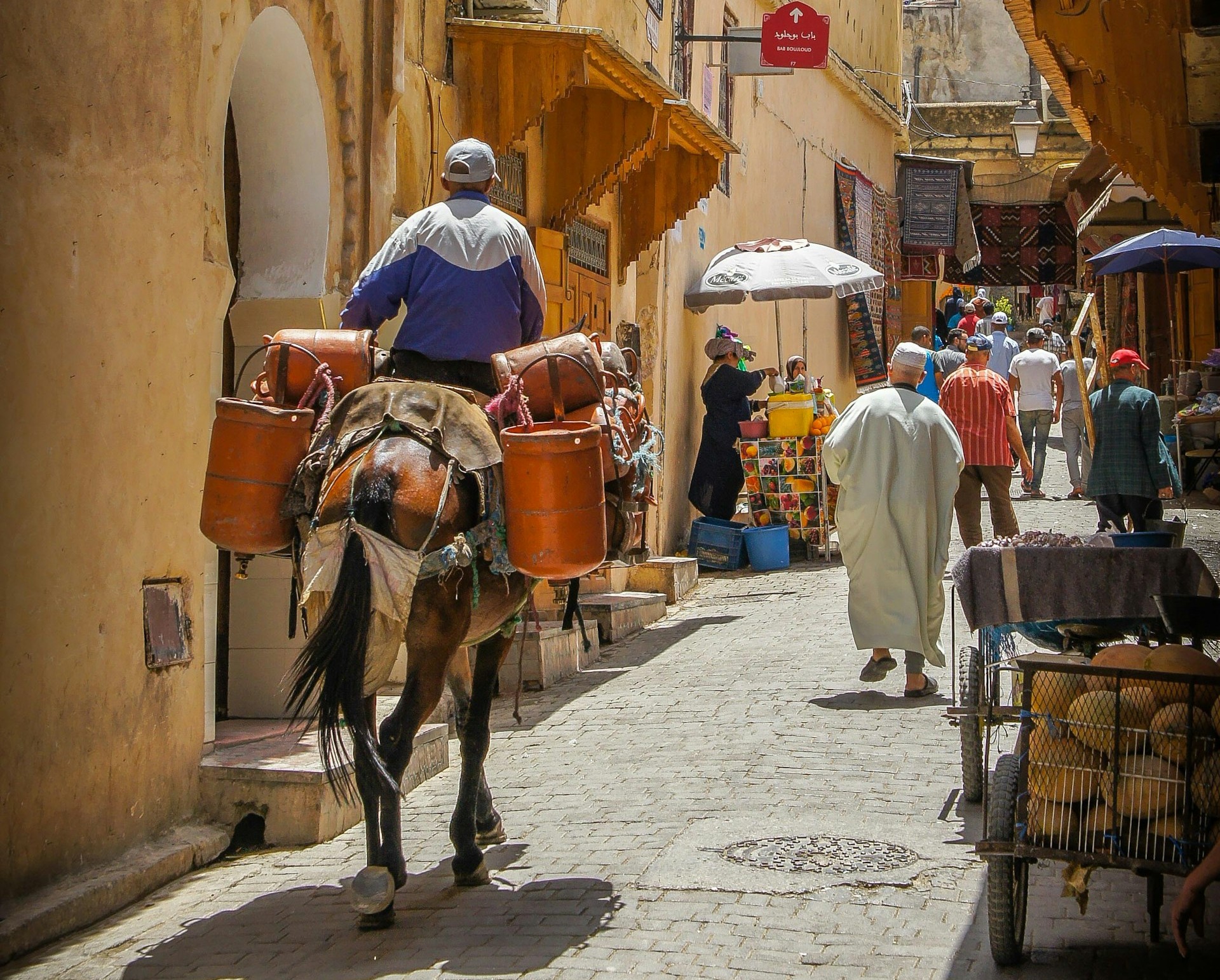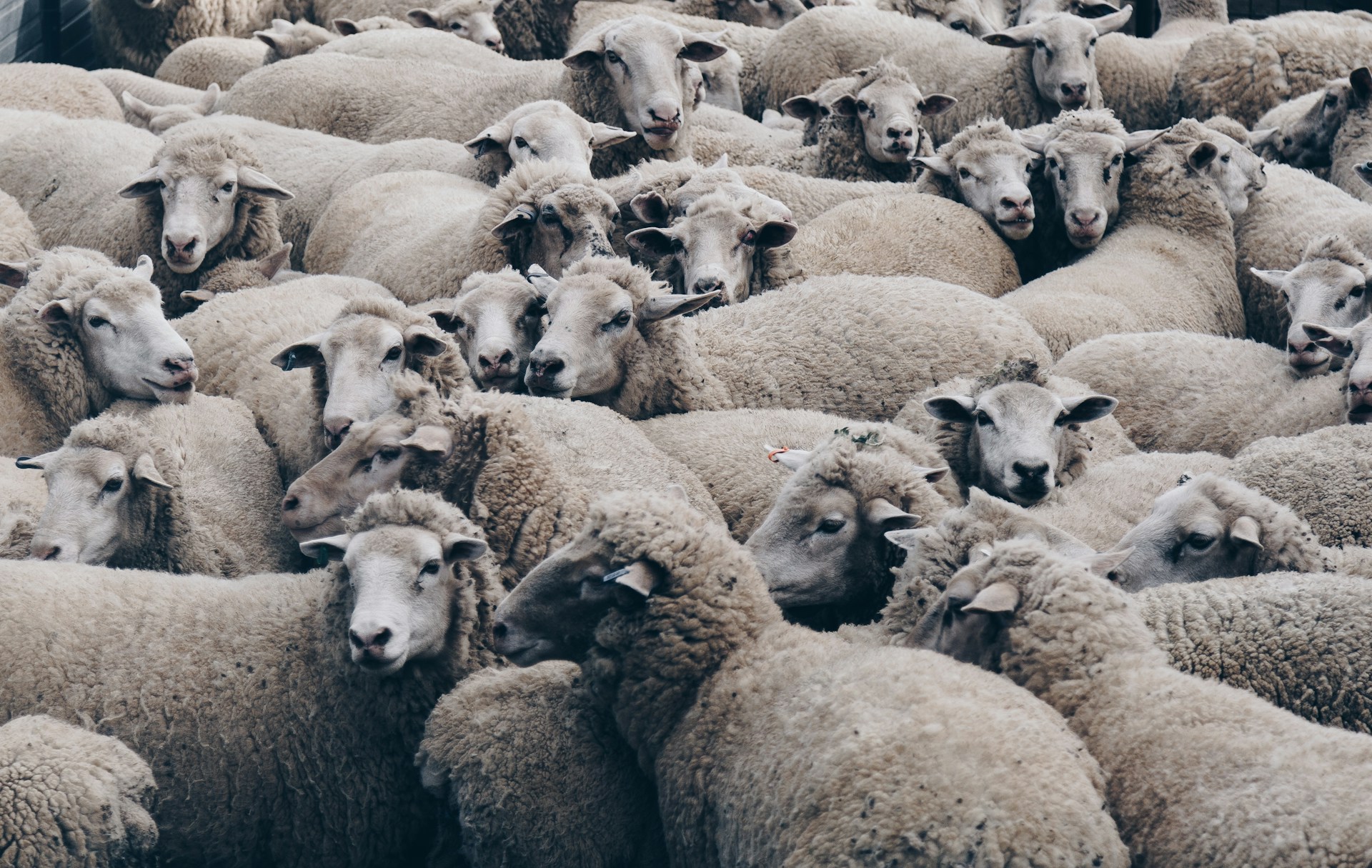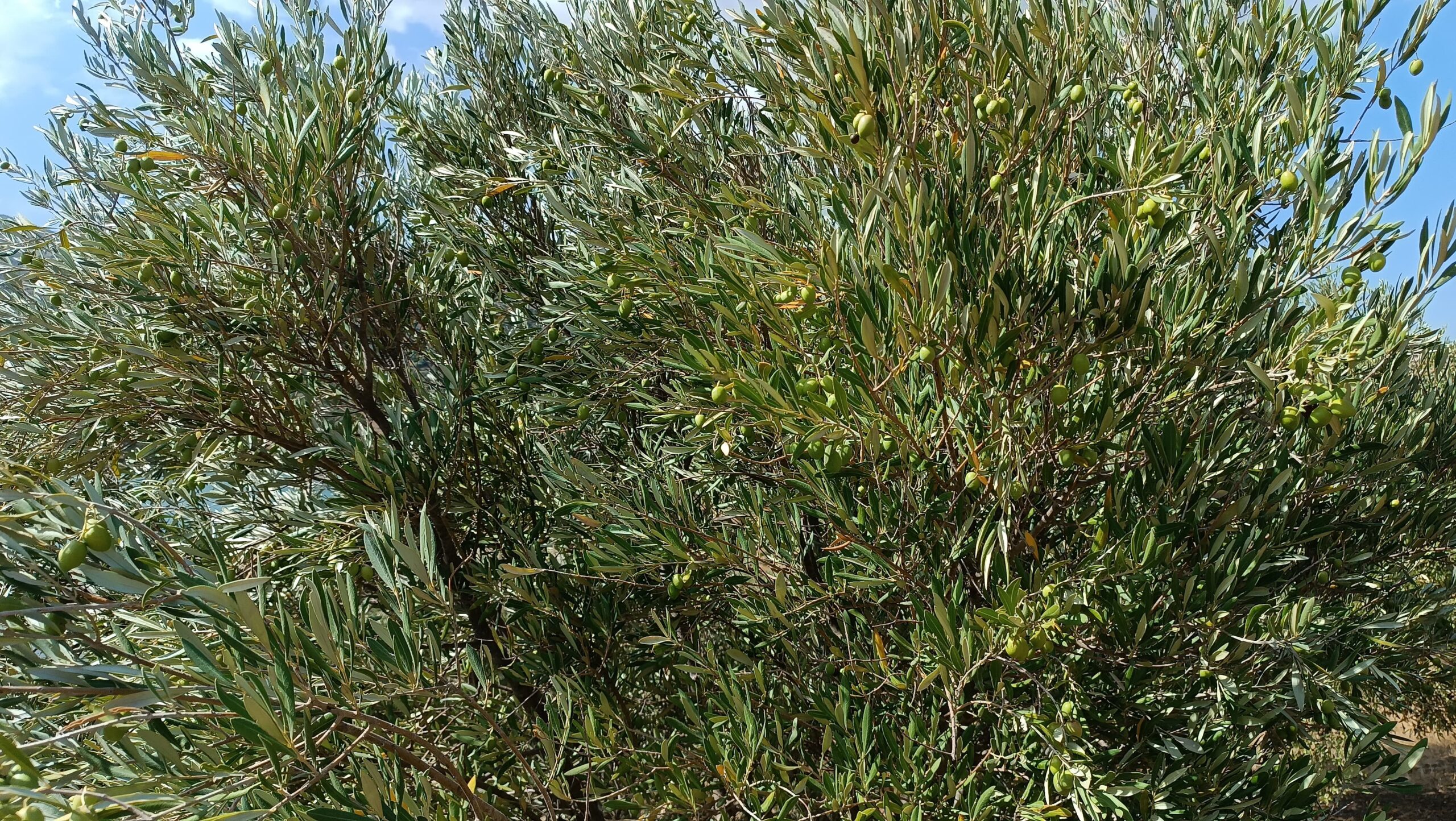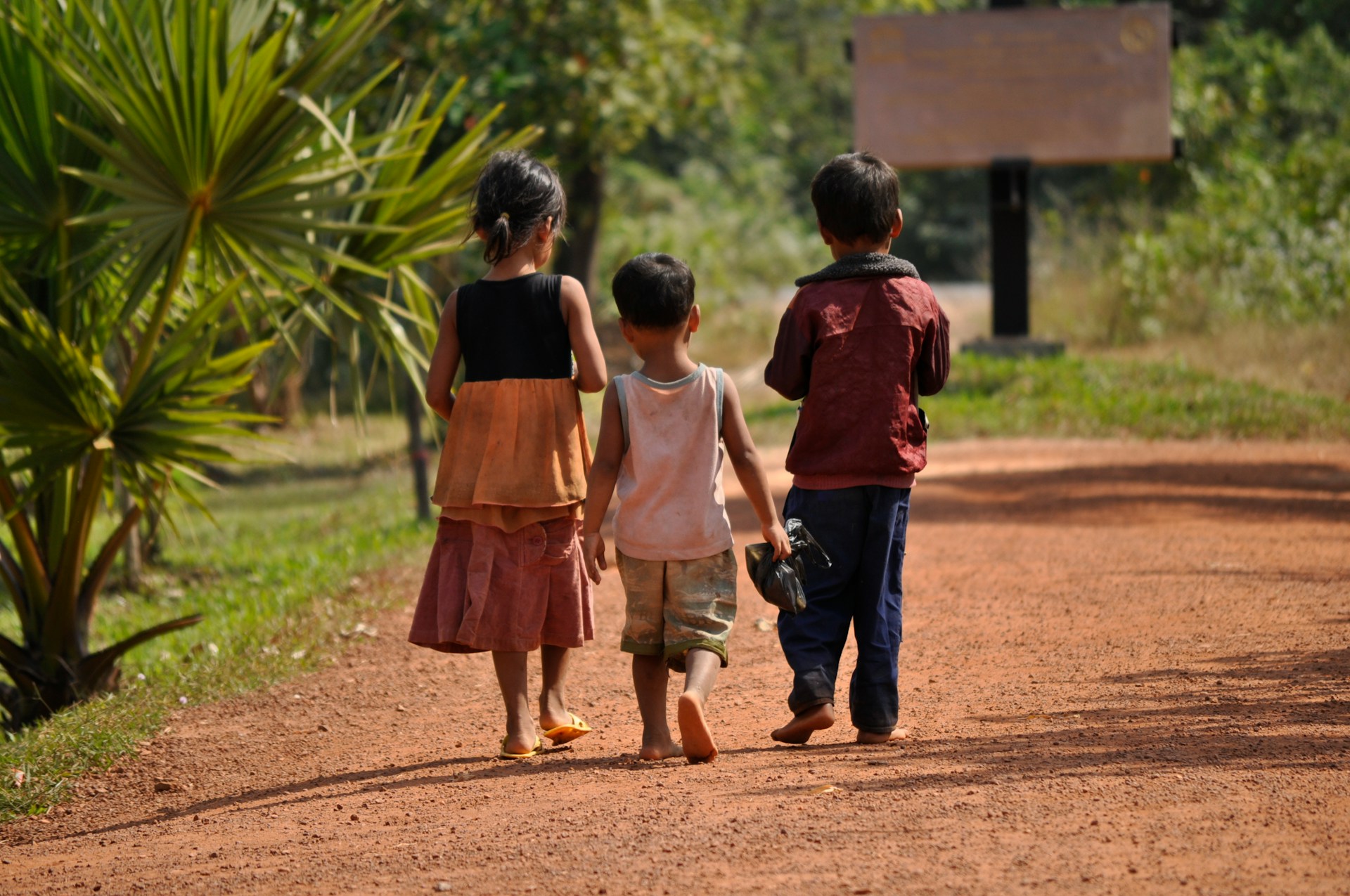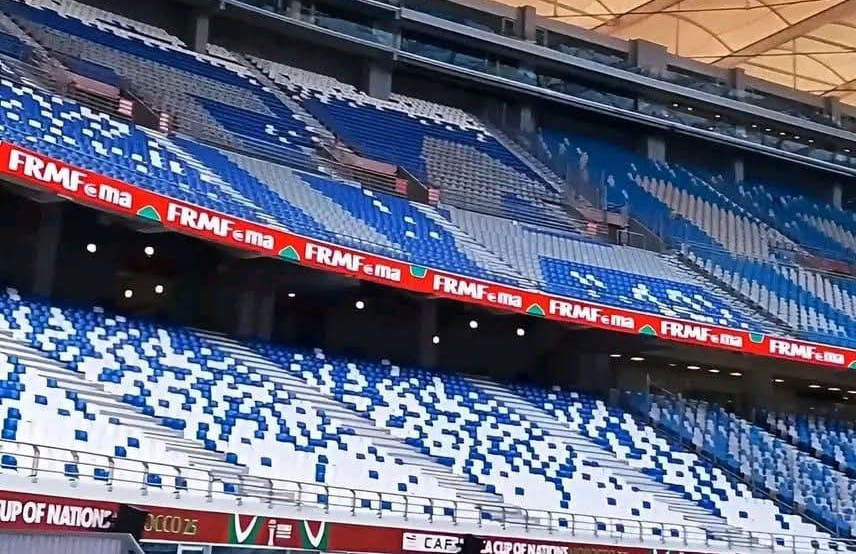Casablanca – Morocco’s meat market is experiencing significant shifts, influenced by both domestic and international factors. Import data reveals that the country imported approximately 554 tons of beef from Brazil in the first four months of this year, with April witnessing a slight decrease in exports from Brazil to Morocco compared to previous months. However, Brazil’s global meat exports surged last year, exceeding 800,000 tons, valued at over $3.6 million. China emerged as the leading importer of Brazilian meat, followed by the European Union, Hong Kong, Russia, and Egypt.
This surge in beef imports underscores Morocco’s growing reliance on foreign markets to meet domestic demand, particularly for halal-slaughtered meat required by the Royal Armed Forces. Abdelali Ramou, President of the National Association of Red Meat Sellers in Morocco, highlighted that Moroccan consumers generally prefer fresh meat over frozen or imported varieties. Ramou expressed concern about the future of the domestic meat market, attributing it to unconsidered government policies that failed to address the needs of small-scale butchers.
Meanwhile, Morocco’s Minister of Agriculture, Fisheries, Rural Development, Water, and Forests, Mohamed Sadiki, acknowledged the challenges facing the meat market, particularly the recent price fluctuations in beef. He attributed the price surge to escalating production costs, including degradation of grazing lands and shortages of fodder, compounded by rising feed prices globally. Sadiki outlined government measures to stabilize the meat market, including continual support for animal feed through procuring, transporting, and distributing subsidized fodder.
To address the challenges, the government has incentivized the importation of cattle for slaughter and fattening by temporarily waiving import tariffs. Additionally, efforts are underway to explore new markets, especially in South America, due to limited availability and increased costs in European markets. Minister Sadiki aims to lower production expenses, stabilize fodder prices, and regulate livestock prices in preparation for Eid al-Adha.
In the long term, the Ministry of Agriculture plans to develop the red meat sector as part of the Green Generation strategy, aiming to enhance herd productivity, modernize slaughter operations, and improve marketing and distribution channels. With an anticipated total investment of $1.49 billion by 2030, the Ministry aims to achieve a red meat production of 850,000 tons, establish 120 slaughterhouses, and increase the average weight of livestock.







